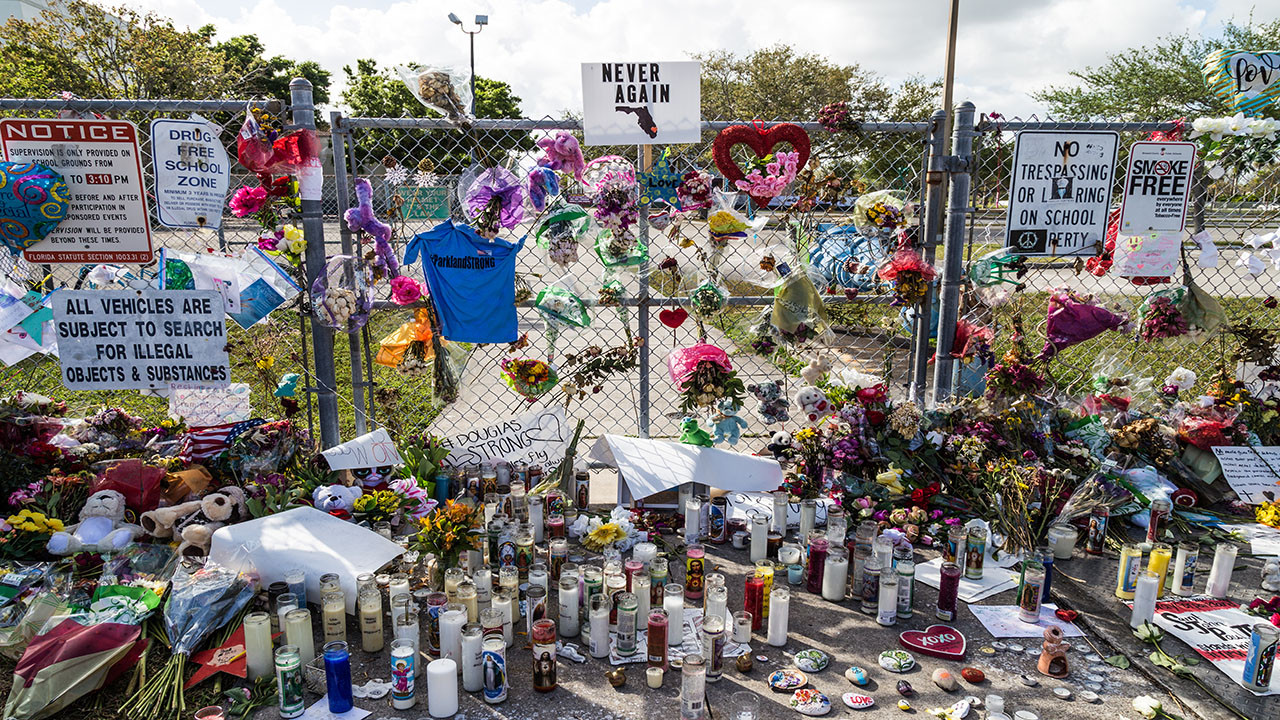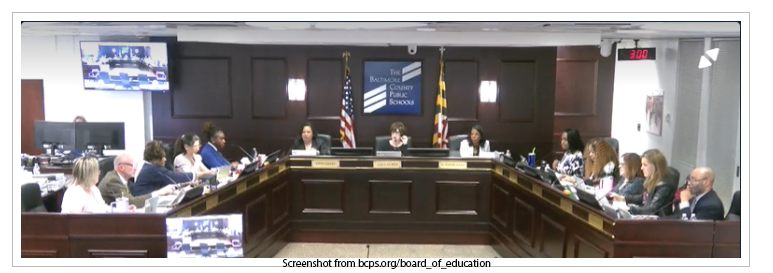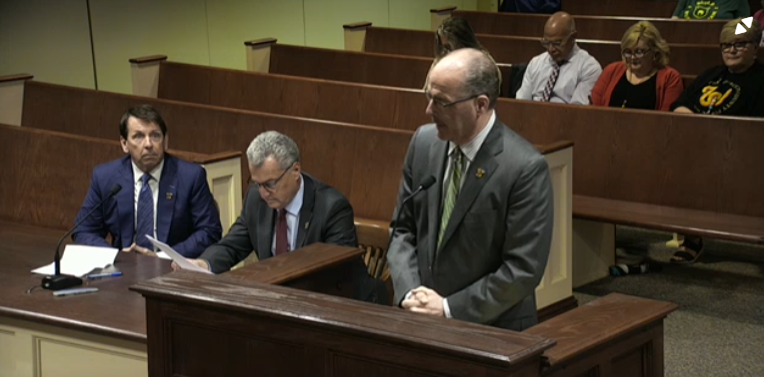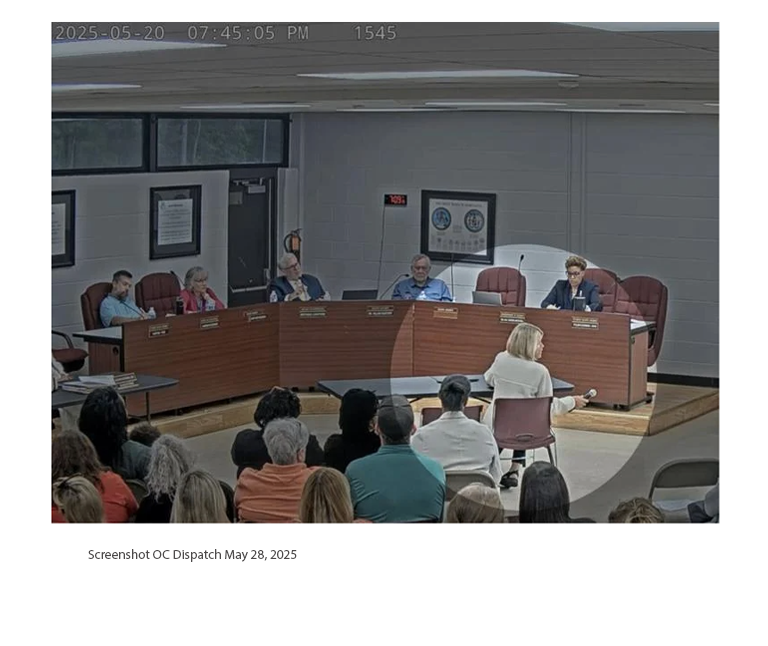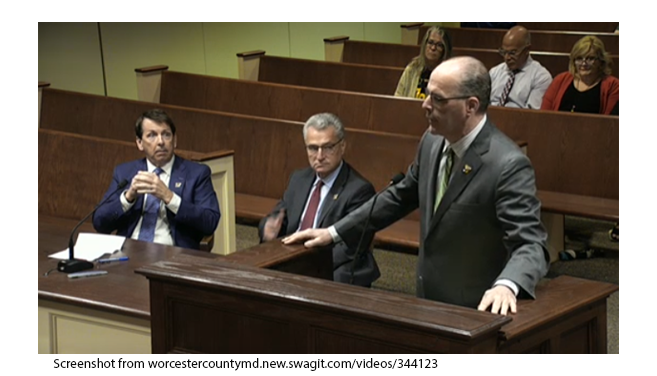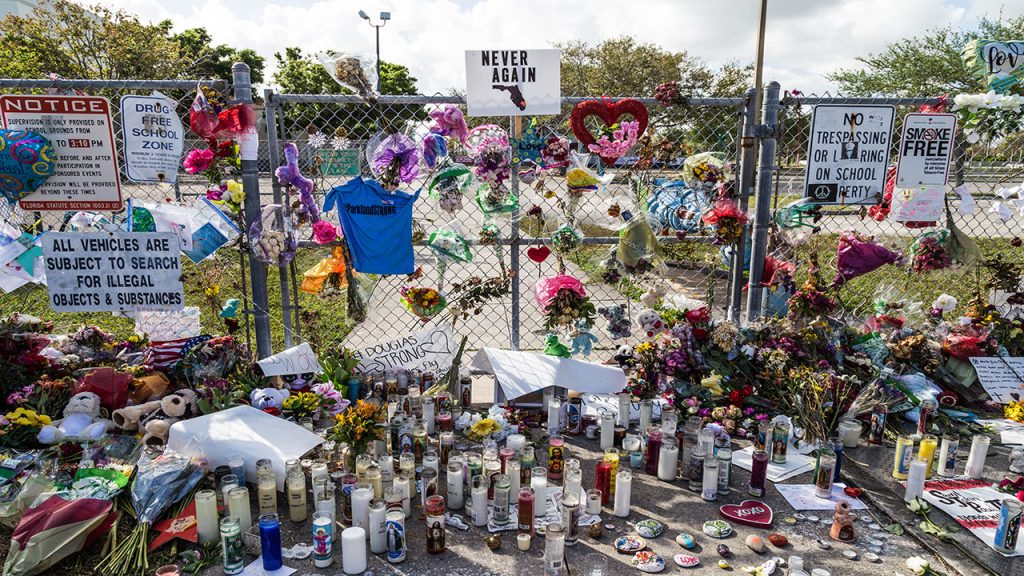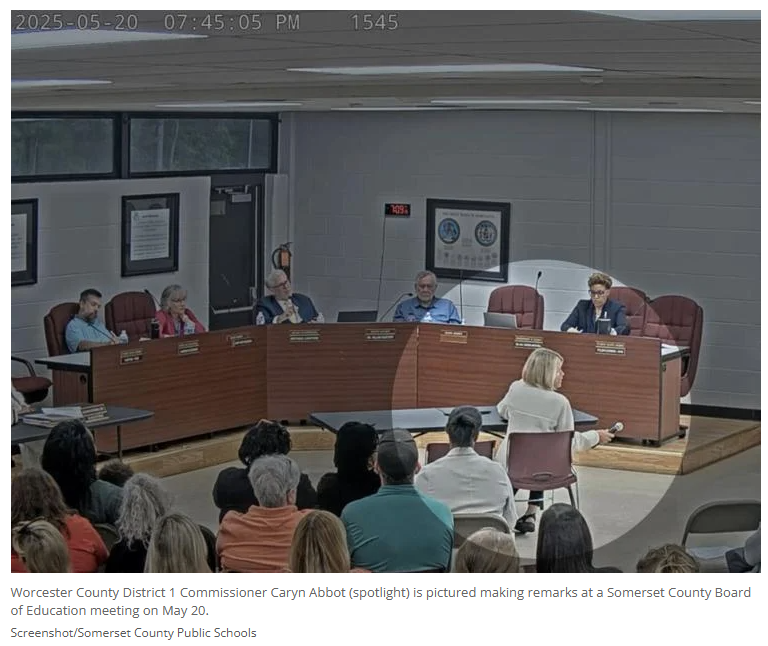
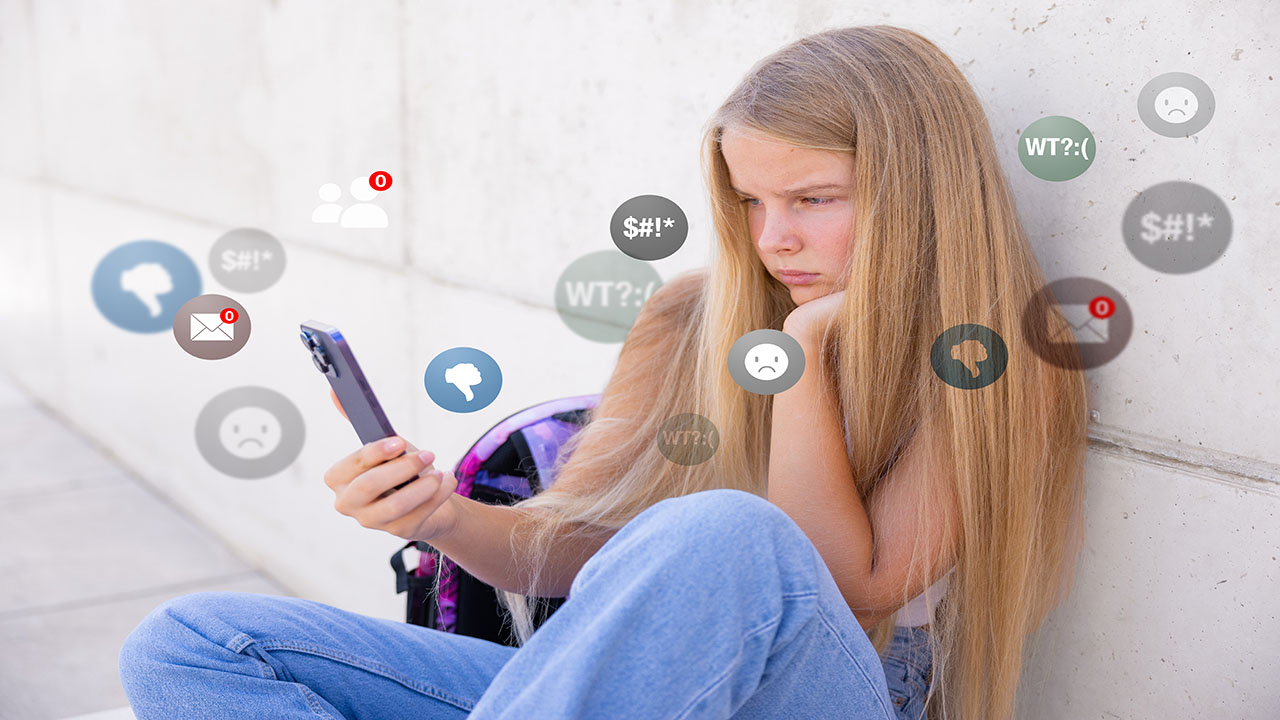
Beyond the Screen: Understanding the Hidden Dangers of Social Media on Youth Well-being
In the ongoing debate surrounding the influence of social media on adolescent mental health, I find myself deeply entrenched, not merely as an observer, but as someone who has witnessed firsthand the detrimental effects it can have on young minds. In reflecting on arguments presented in “Blaming Social Media for Youth Mental Health Struggles: What Are We Missing?” by Candice L. Odgers and Gillian R. Hayes (Educational Leadership, February 2024), and “Is Social Media Hurting Our Students?” by Bryan Goodwin (Educational Leadership, February 2024), I am struck by the stark realities illuminated by both articles.
Odgers and Hayes aptly highlight the disparity between sensationalized headlines and the lack of concrete evidence linking social media use to adverse mental health outcomes. They provide valuable insights into the limitations of existing research methodologies and emphasize the need for nuanced approaches to understanding the complex relationship between social media use and mental health outcomes.
Drawing from my experiences as an educator and as someone who has navigated the complexities of social media with students, I firmly assert that while social media may not be the sole cause of mental health issues among adolescents, it undoubtedly exacerbates existing challenges and poses significant risks to their well-being.
However, despite the absence of definitive causation, the correlation between excessive social media use and negative mental health implications cannot be ignored. From my own interactions with students, I have witnessed the insidious ways in which social media infiltrates their lives, permeating every aspect of their existence. I have seen friendships fractured and self-esteem shattered by the relentless onslaught of comparison and judgment perpetuated on social media platforms. I have intervened in conflicts that originated in the digital realm but spilled over into the physical, leaving scars that extend far beyond the confines of the screen. Some such conflicts resulted in all out melees. The anonymity afforded by social media emboldens individuals to engage in behavior they would never consider in face-to-face interactions, leading to a culture of toxicity and aggression.
Parents, too, remain blissfully unaware of the extent of their children’s online activities, shielded from the harsh realities of cyberbullying, inappropriate content, and harmful interactions. If they were privy to the conversations and content shared on social media platforms, they would be appalled by the language and behavior exhibited by their children. Yet, the allure of social validation and peer acceptance keeps adolescents tethered to their screens, ensnared in a digital web that offers little respite from the pressures of modern-day adolescence.
Considering these observations, I am resolute in my conclusion that students are ill-equipped to navigate the treacherous terrain of social media responsibly. The allure of instant gratification and the dopamine-fueled feedback loop perpetuated by likes and comments render adolescents particularly susceptible to the addictive qualities of social media. As educators and guardians of future generations, it is incumbent upon us to acknowledge the inherent dangers posed by unrestricted social media use and to advocate for more stringent measures to protect the mental health and well-being of young people.
While social media may offer myriad opportunities for connection and self-expression, the risks far outweigh the benefits, particularly for impressionable adolescents. As Goodwin aptly points out, social media interacts with a myriad of other variables, compounding the complexity of its impact on mental health outcomes. It is imperative that we heed the warnings raised by researchers and experts, recognizing the need for greater oversight and regulation of social media platforms to safeguard the psychological welfare of our youth.
The evidence is unequivocal: social media poses a significant threat to the mental health and well-being of adolescents. My experiences as an educator have reinforced this sobering reality, compelling me to advocate for greater awareness and action to address the pernicious influence of social media on young minds. As a society, we must confront the uncomfortable truths illuminated by research and personal testimonies, acknowledging that students are too young and vulnerable to withstand the onslaught of pressures perpetuated by social media. Only then can we begin to cultivate a healthier digital landscape for future generations to thrive.
Social media can be a positive influence, and sometimes is. But my experience has shown me firsthand that those cases are in the minority. Countless parents and families have assured me they “monitor their child’s accounts.” My response was simply “you’re monitoring what they want you to monitor.”
Students regularly maintained multiple accounts and pages of which their parents were unaware.
When reviewing Goodwin’s article, he does a fine job highlighting and explaining why research has failed to find robust evidence linking social media to adolescent mental health issues. Odgers and Hayes have, however, put forth a valid framework for future research.
Dig Deeper With Our Longreads
Newsletter Sign up to get our best longform features, investigations, and thought-provoking essays, in your inbox every Sunday.
The MEN was founded by John Huber in the fall of 2020. It was founded to provide a platform for expert opinion and commentary on current issues that directly or indirectly affect education. All opinions are valued and accepted providing they are expressed in a professional manner. The Maryland Education Network consists of Blogs, Videos, and other interaction among the K-12 community.

